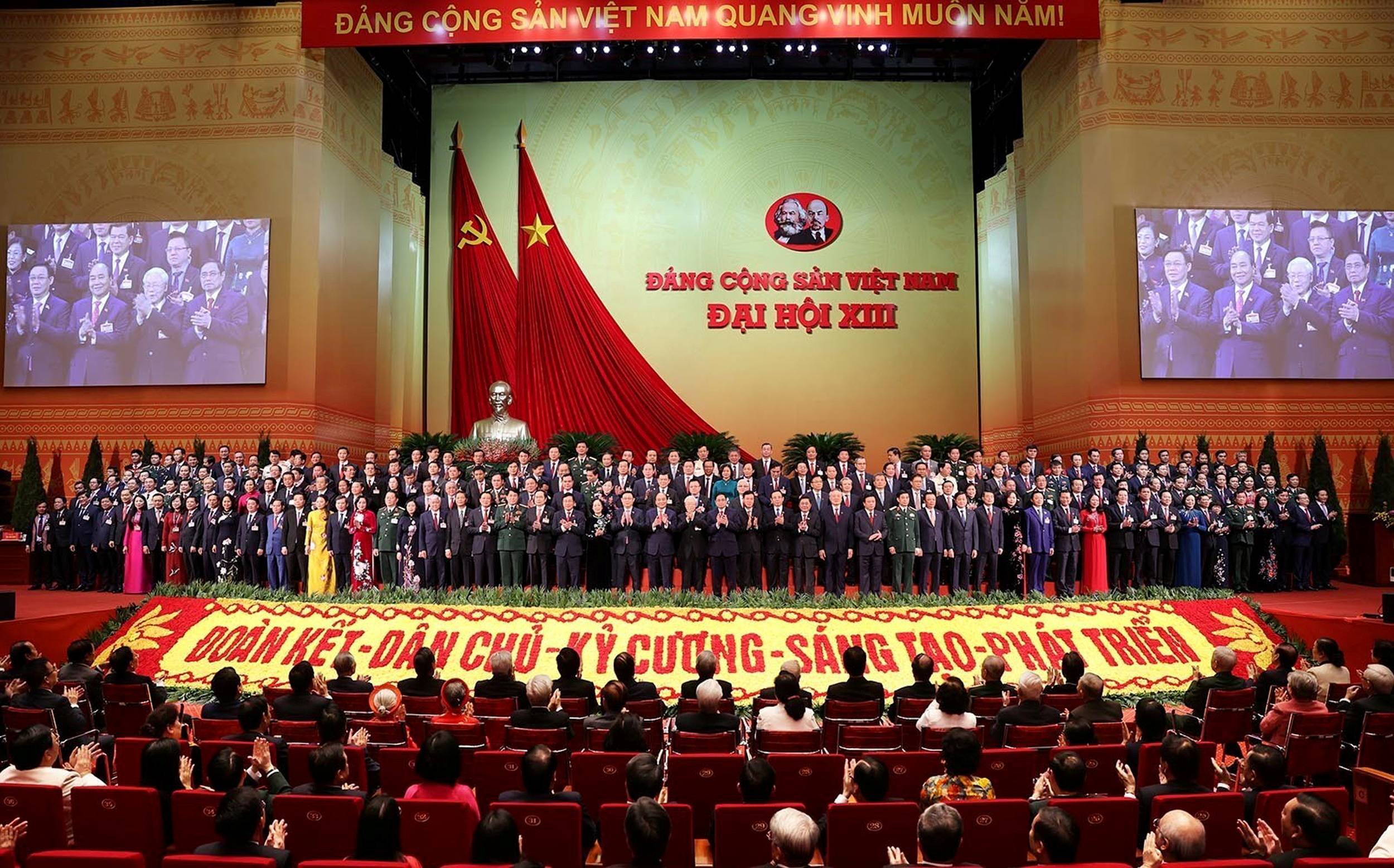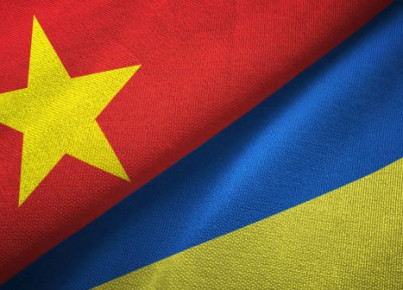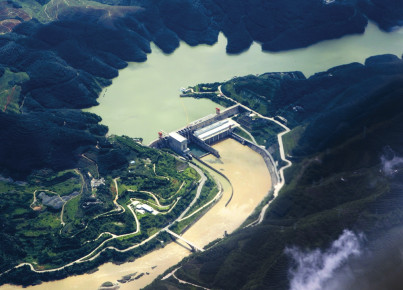The XIII Congress of the Vietnamese Communist Party discusses the transformation of Vietnam into a great international power
2021 will be an important year for understanding the direction the Southeast Asian countries will take in the future, which appears uncertain now more than ever. Vietnam makes no exception and, against all odds, concludes the year of the pandemic with a growth in the economy of almost 3%, by showing an exemplary management of the health emergency. In this context the XIII Congress of the Communist Party of the Socialist Republic of Vietnam took place, which ended on February 2nd, after the appointment of the main party organs.
Vietnam has what is informally called a "four-pillar" political structure, which includes as many dominant leadership positions: the General Secretary of the Party, the President of the State, the Prime Minister and the President of the National Assembly. Since 2018, however, following the sudden death of President Tran Dai Quang, the positions of Secretary General and President of the State have been combined into a single pillar.
At the end of the Congress the figure of Nguyen Phu Trong emerged, reconfirmed for the third time as Secretary General and President for the new 2021-2025 term, becoming the longest-serving party leader in the history of Vietnam. The re-election of the 76-year-old former Secretary General came as a surprise to everyone, first of all for Trong himself, who supported instead the appointment of his colleague Tran Quoc Vuong. However, as the National Congress later declared, the choice fell on a figure already known and able to ensure stability for the party and the country in a time of profound global uncertainty, among a pandemic crisis and an economic recession. However, it remains possible that Trong resigns during his new term if a suitable candidate is found to fill the position.
The second notable name within the Vietnamese political landscape is Nguyen Xuan Phuc, reconfirmed once again as Prime Minister. Nguyen Thi Kim Ngan, head of the National Assembly since 2016 and the first woman to hold this position, remains in power.
Through the words "Solidarity, Democracy, Discipline, Creativity and Development", the National Congress has set itself the goal of elaborating, on the basis of the resolutions approved in the past years, the new guidelines that will direct the Party's action over the next term. A number of topics were examined, including the leadership skills of the members of the Politburo, the transparency of the political process and people's trust in the Party, in the State and in the socialist ideology. Furthermore, in the current emergency situation, the Party will undertake to seek the prosperity of the country and the happiness of its citizens, promoting solidarity and national unity. The objectives of industrialization, modernization, national security and the creation of a stable and peaceful environment in the Southeast Asian region, as well as the transformation of Vietnam into a great international power oriented towards socialism, remain at the fore. As for the implementation of the plan, the XIII National Congress has elaborated a complex of 12 strategic directions for national development in the 2021-2030 term. In this regard, the need to strengthen - and build, if they were not already present – institutions, in order to encourage the sustainable development of Vietnam, the socialist market economy, industrial transformation, emerging enterprises and digital transition has been highlighted. Furthermore, important changes are required in the area of education and training of qualified human resources. The Head of State, then, recommended: to stimulate human progress in all its facets, without neglecting the Vietnamese cultural identity; to fight vigorously against climate change, natural disasters and epidemics; to prevent conflicts, safeguard sovereignty and territorial integrity; to exploit the earth's natural resources and improve the quality of the environment; and finally, to implement a foreign policy characterized as much by independence and self-determination as it is dedicated to strengthening multilateral relations and integration into the international community.
But there is more. Long-term goals are also foreseen, such as transforming Vietnam into a modern upper-middle-income economy by 2030 and achieving a high per capita income by 2045. Certainly, ambitious goals, but also likely to happen for a State that shows steady GDP growth, despite adversity. Not to forget the interpretation offered by President Trong, according to whom all of this becomes achievable only through love for the homeland, resilience and national unity.






